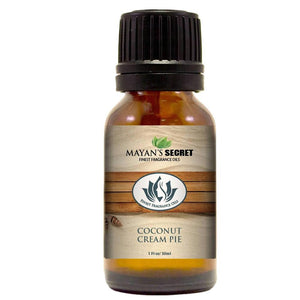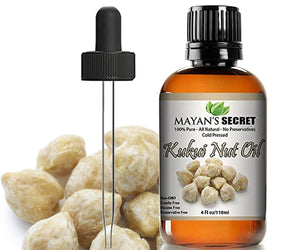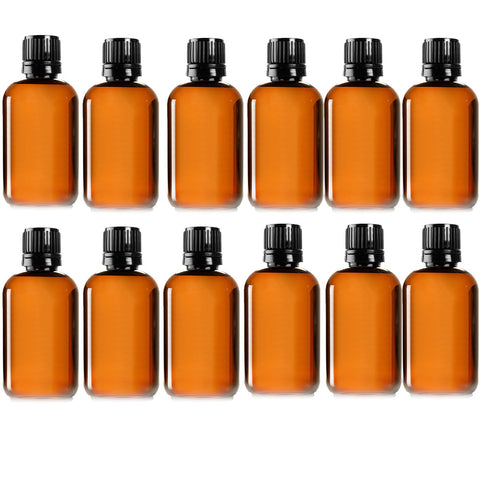Alternative therapy, alternative medicine, or otherwise known or referred to as, Aromatherapy. Is the practice of using aromatic essential oils, including organic essential oils or fragrance oils, and other aromatic compounds, which can improve your mental or physical well-being. Aromatherapists, on the other hand are people that concentrate on the practice of aromatherapy. Which is the use of aromatic blends that of which are therapeutic essential oils that can be used as a topical application, as a massage oil, or via inhalation, or as a food enhancement, or fragrant enhancement for example, when used in immersion of water or any other liquid.
Uses of essential oils varies widely, with that of essential oils for therapeutic, spiritual, hygienic and ritualistic purposes, that date as far back as the ancient civilizations, including that of the Chinese, Indian, Egyptian, Greek and Romans. These civilizations used these aromatic oils in cosmetics, perfumes and prescription drugs.
Distilled oils have been in use since the eleventh century, when Avicenna isolated oils, via the steam distillation process. In the early 1900's however, Mr Gattefossé, was known to the aromatherapy community as the Dr of Aromatherapy. He did burn his hand very badly though, which he then, claimed to have treated his burnt hand with that of lavender essential oil. furthermore, the French community has long been promoting the medicinal use of aromatic essential oils, especially when used for antiseptic, analgesic, and for mood enhancement, and well being, since world war 2.
Aromatherapy has been shown to reduce the symptoms of anxiety and depression in cancer patients. A number of systematic reviews have studied the clinical efficacy of aromatherapy in managing postpartum pain, treating postoperative nausea and vomiting, managing difficult behavior in people with dementia, and relieving cancer symptoms.
The chemical composition of essential oils could be affected by herbicides if the original plants were grown as opposed to the wild ones. Some oils can be toxic to some pets, cats are especially prone. Most oils can be toxic to humans. A report of three cases documented gynecomastia in prepubertal boys exposed to lavender and tea tree topical oils.
The Aromatherapy Council in the United Kingdom has issued a rebuttal. The Australian Tea Tree Association, a group that promotes the interests of Australian tea tree producers, exporters and producers, has issued a letter challenging the study and calling on the New England Journal of Medicine to appeal. Another article published by another research group also documented three cases of gynecomastia in prepubertal boys exposed to topical lavender oil. Essential oils can be extremely toxic when used internally.
As with any, essential oil, these aromatic oils, still pose a danger to pregnant and lactating women. Additionally, these Oils should not be ingested, but instead, should be applied to the skin, however, these oils can also potentially have negative interactions with your skin and with that of conventional medicine. For example, topical use of heavy birch oil, such as wintergreen, can cause bleeding in some users.




